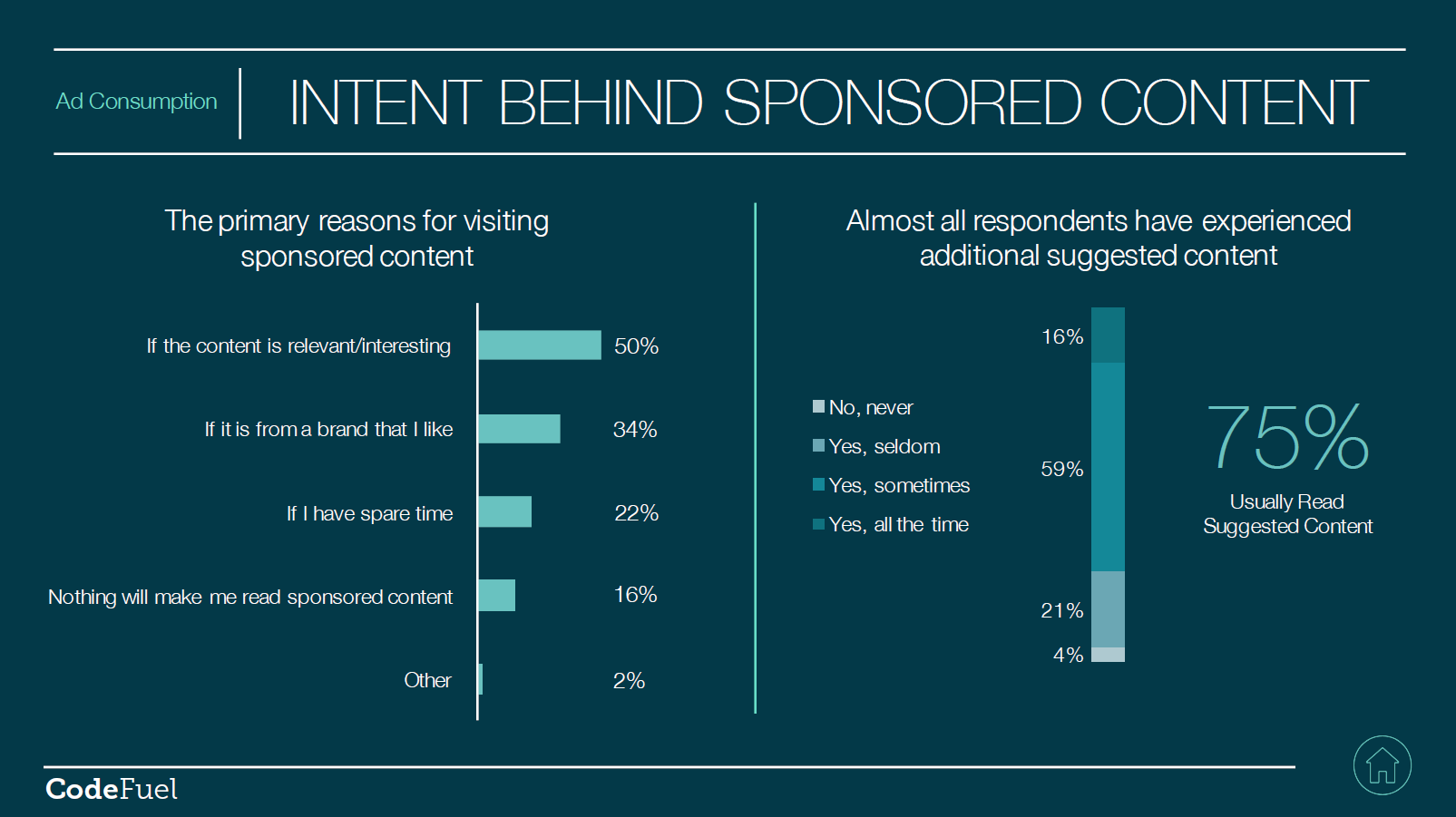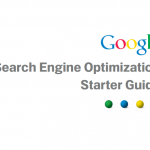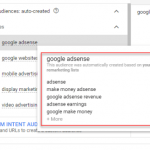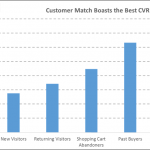Google User Interface Shows Fewer Organic Links
— December 8, 2016

When you search for something, the Google user interface – otherwise known as the first page of your search results – has traditionally shown you 10 links to sites Google believes provide the information you need.
The goal for marketers has always been to be among those first 10 search results, but it is better to be as close to the top as possible. Most people only look at the first few results, so your opportunity to be seen is limited.
According to new data released by Searchmetrics, that window may be closing.
More Supplemental Content
The Searchmetrics study shows that the first page of search results on Google now only shows an average of 8.5 organic links – which means that sometimes it may be nine or 10, but other times, it may be less than eight.
Google is filling out the page with supplemental content like sponsored links, featured snippets, knowledge panels, videos and images. The exact layout depends on the search being conducted.
For example, if you search for a celebrity, you are likely to get a knowledge panel, a bar with image results, and some video results at the top of the page. You may even get some ads, depending on the popularity of the celebrity.
The more of that kind of content is relevant to the given search, the fewer organic results are likely to be shown.
Desktop vs. Mobile
Searchmetrics found that search results can vary greatly not only for the type of search conducted, but also depending on whether the user is on a personal computer or a mobile device.
For example, images are much more likely to show up at the top of search results if you are on a desktop (34.09 percent of searches show them) than if you are on a mobile device (showing for only 14.84 percent of searches).
The difference is more stark for maps (1.60 percent for desktop compared to 9.99 percent on mobile). Mobile users are also more likely to get a related question box, twitter cards and knowledge graphs (though only slightly more).
It is important that you understand what your page may have to compete with for different users so that you can create the right content. For example, if you are creating a piece on travel, you might want to include a lot of images to position yourself better for desktop search and more video to show up better in mobile search.
Having this supplemental content is both a blessing and a curse. It gives you more opportunities to rank in search, but it also gives you more competition.
User Behavior
In order to get more visits to your site, you need to do more than just try to rank in search. You also have to create results that will attract more attention and get more user engagement.
This holds true for both organic and paid search results.
CodeFuel has conducted extensive research about user behavior to understand what ads and content get more engagement.
Our research found that 50 percent of users will visit an ad or a link if the content seems relevant or interesting. Also, 34 percent of users said they would visit a link or ad if it was from a brand that they know and like.
These are important findings that reinforce the importance of relevant content and brand marketing.
If your time or resources are limited, you should focus your efforts on revamping your SEO and ads for desktop search. For now, desktop users outpace mobile, though those numbers are quickly changing. If you are looking at your long game and aren’t concerned with immediate results, you can focus your efforts on mobile instead.
You need to ensure that every single title tag and meta description on your page is written for search optimization and to be interesting and enticing to users. You need to have multiple sources of content for each of your topics, such as interesting images, entertaining videos, eye-catching infographics, interactive maps and more.
The more varied types of content you can create, the greater your signals will be to Google around a certain topics and the greater your chances to appear in different types of search results.
When the majority of people are using Google not only for search but also for content discovery in general, it is essential that you are doinig everything you can to stand out on the platform. While Bing and other search engines may get a decent amount of traffic, they are not yet poised to replace Google, and you can’t ignore the conventions for the King of Search.
Explore our eBook to learn more about user behavior for online ads and website consumption. Then explore our online tools for helping you get more exposure and engagement for your content.
Digital & Social Articles on Business 2 Community
(62)














